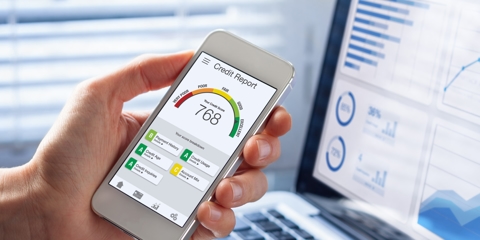How will filing for bankruptcy affect your retirement funds? Can your creditors come after your retirement investments? Should you pull money from your 401(K) to pay off your debts?
We’re living in uncertain times, and with the coronavirus pandemic impacting everyone’s wallets, a lot of our clients have asked us if they should put off bankruptcy until this is all over. After all, with the current state of the economy, is now the time to add a bankruptcy on top of it all? First, remember that bankruptcy is actually a way to get out of debt and set yourself up for a brighter financial future. Now, let’s answer a few common questions so you have a better understanding of what can and can’t happen with bankruptcy and your retirement.
Bankruptcy and Your 401(K)
First, the funds in your 401(K) are protected by the Internal Revenue Code. That means, no matter how much you owe, and no matter how much or little you have in your retirement account, it won’t be impacted by your bankruptcy. This also means that you should not pull money out of your 401(K) to pay off your lenders. By filing for chapter 7 or chapter 13 bankruptcy, you can resolve your debts without taking money out of your retirement account.
IRAs and Private Pensions
What about other types of retirement accounts, like IRAs and private company pensions? We have good news. These are also largely protected. Traditional IRAs and Roth IRAs are protected up to a certain amount, around $1.2 million. Your pension with your employer is also likely covered under the Employment Retirement Income Security Act of 1974 (ERISA). A qualified bankruptcy attorney can help you understand if your company and your pension meet the qualifications for protection under ERISA, or if your funds are possibly protected under other laws.
Filing for Bankruptcy After Retirement
But what if you have to file for bankruptcy after you’ve already retired? At this point, your lenders may have more of a claim to the funds in your retirement account, as those are now available for you to withdraw and use. However, in this case, bankruptcy can protect you from having to pay back all that you owe. For example, your Social Security benefits cannot be garnished by your lenders, and some or all of your retirement income may be protected under chapter 7 or chapter 13 bankruptcy.
If you’re struggling with debt and you’re concerned about your retirement, please don’t hesitate to reach out to us at Holston & Huntley, today. Call us at (404) 620-3337 for a free consultation today.





